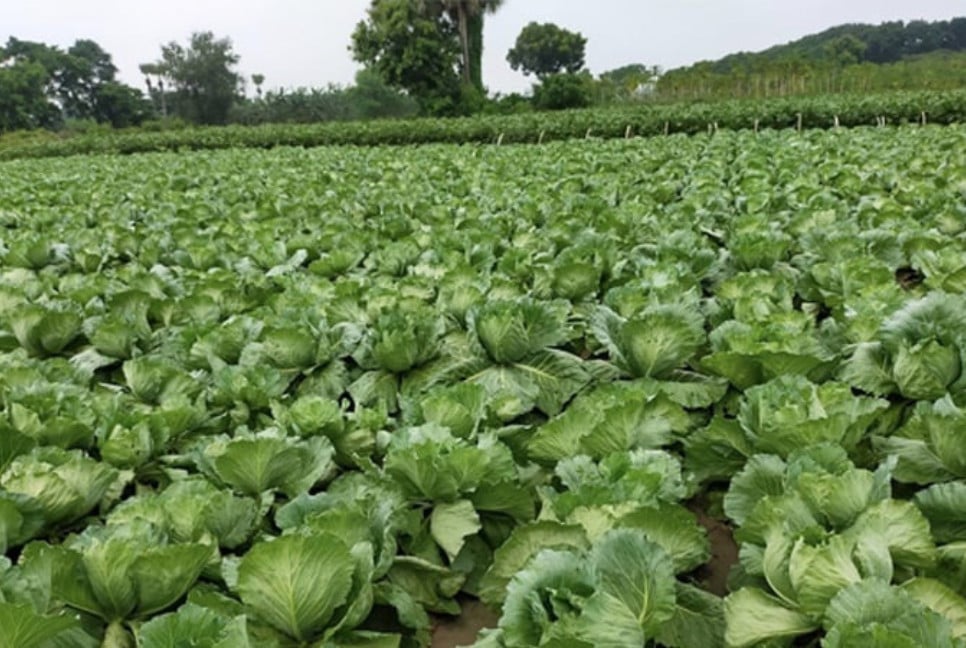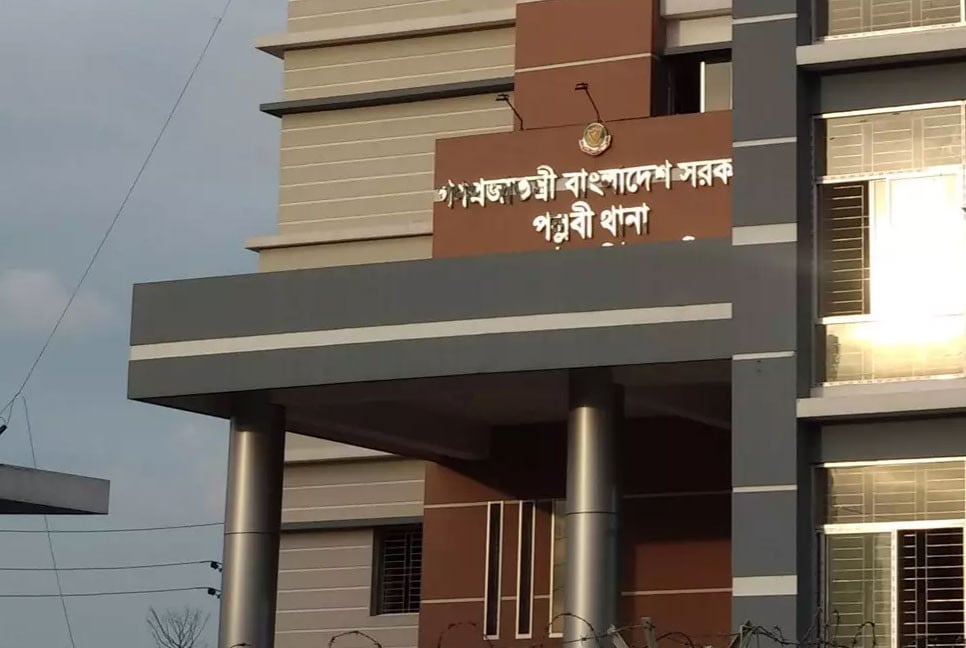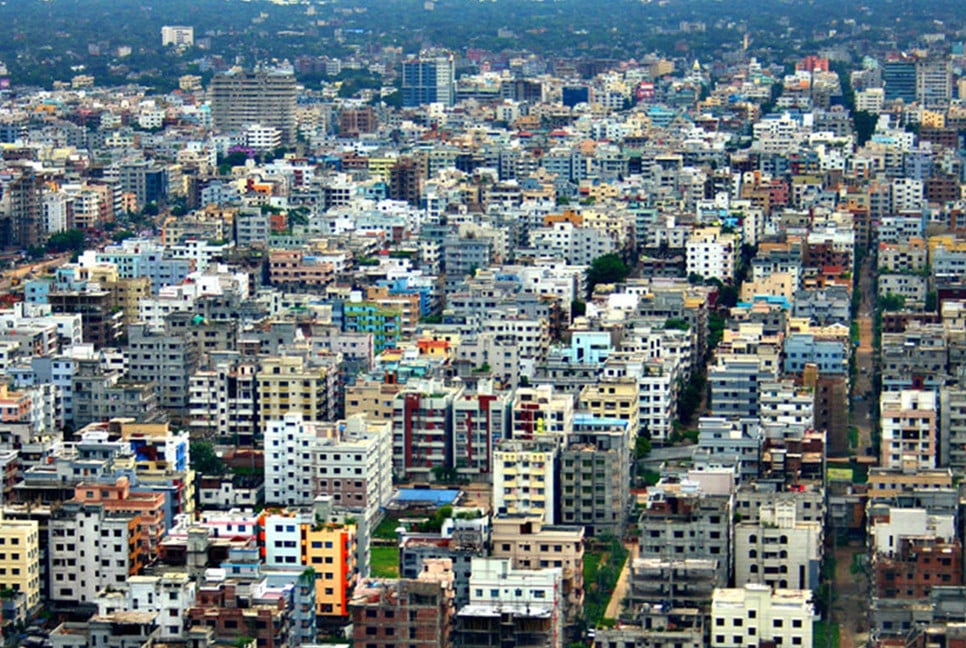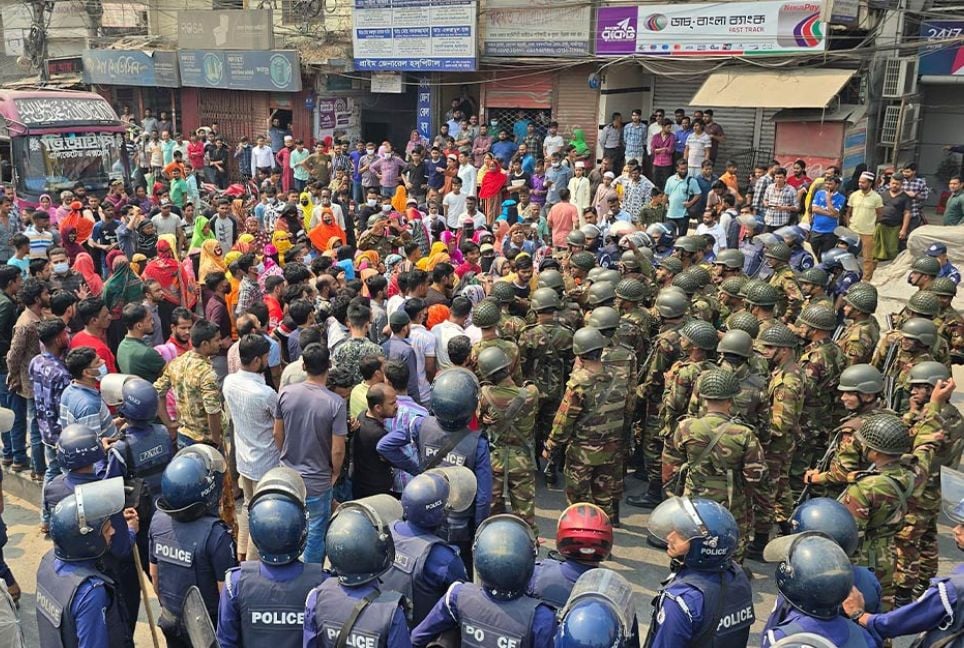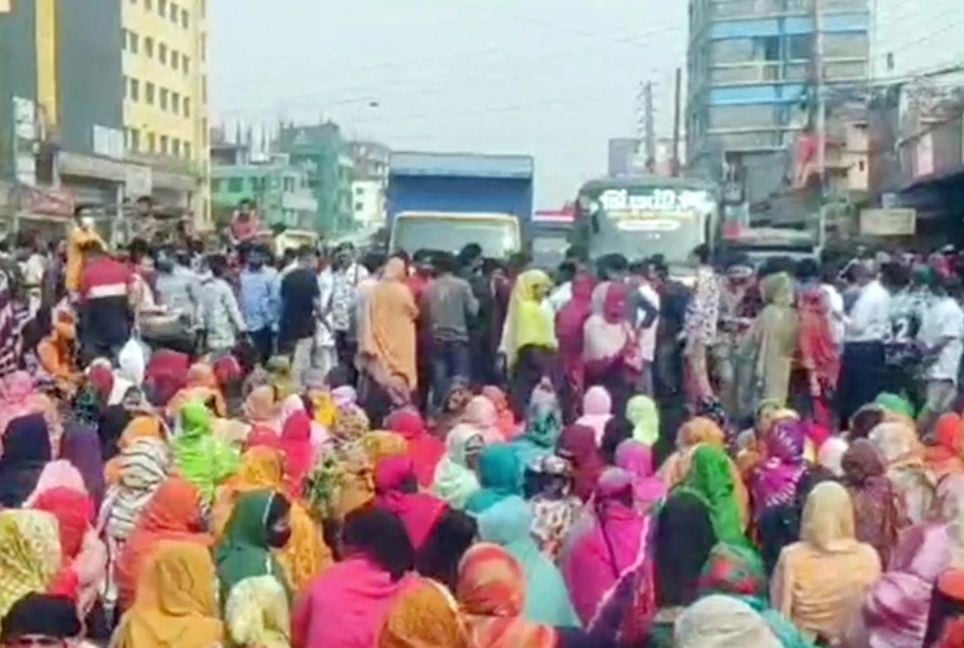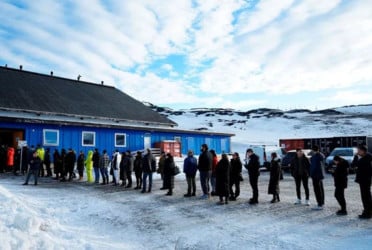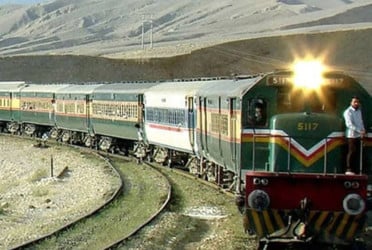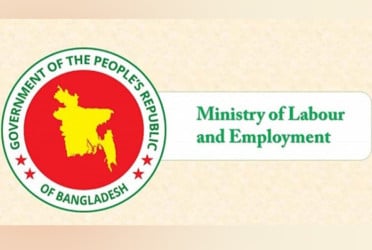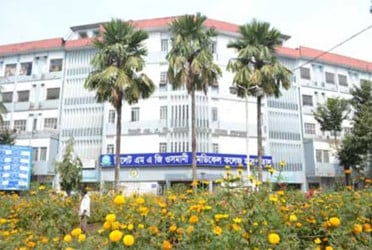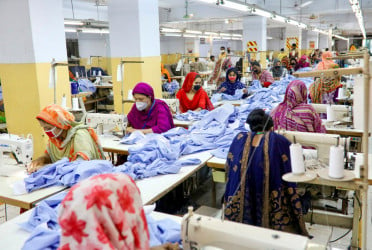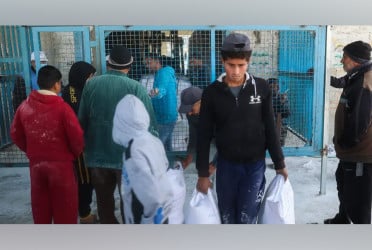Adverse impacts of climate change have triggered recurrence of natural calamities in the region posing a serious threat to the farming of winter crops including vegetables and the living conditions of farmers community in the region.
Duration of winter along with its intensity has changed remarkably during the last couple of years which is detrimental to winter crops farming.
Time-befitting measures need to be adopted urgently to boost agricultural productions for ensuring food security amid adverse impacts of climatic changes.
Abdur Rahim, one of the successful farmers of Bargachhi village under Paba Upazila in the district, said the ongoing climate change at alarming rates has severely affected winter vegetable farming and its diversity creating a real threat to food production.
The developed countries should fulfill their commitment towards climate funding and ensure transparency in use of this fund.
He also said legitimate rights of the farmers and others concerned should be protected rightly for the sake of encouraging them towards boosting agricultural productions to meet up its gradually mounting demands.
Referring to their enormous contribution to the country's agricultural development he said the farmers deserve the rights of getting all requisite privileges.
There is no alternative to protect their interests as a whole, he added.
Shahidul Islam, regional coordinator of Bangladesh Resource Centre for Indigenous Knowledge (BARCIK), pointed out that the existing agricultural system has started facing a serious threat because of climate change that also leads to various natural disasters.
Terming climate change as an issue of great concern for the region he mentioned that the effect of climate change on water resources and agriculture in the region, including its vast Barind tract, is alarming.
Quoting research Prof Chowdhury Sarwar Jahan of the department of Geology and Mining at Rajshahi University (RU) said maximum temperature positively influenced Aus, Aman, potato yield and negatively affected yield of Boro and wheat.
Minimum temperature adversely affected all crops except Aman and Boro. Rainfall showed less prominent influence for increase in yield.
Apart from this, rice, sugarcane, and maize had decreasing trend in cropland area whereas increasing trend of cropland area was noticeable for potato, wheat, pulse etc.
As a whole, the region, particularly the drought-prone Barind area, is very vulnerable in terms of food security and existing water resources.
Talking to BSS here, Vice-chancellor of Varendra University Prof Osman Gani Talukder said necessary steps should be taken to mitigate the adverse impact of climate change in the region to protect its living and livelihood conditions from further degradation.
He mentioned that the ongoing climate change at alarming rates has severely affected every farming productive sector and the agriculture, livestock and fisheries in particular which is being judged as the real threat to food production.
Prof Laila Arzuman Banu of RU said the common consequences of drought such as dust storms due to desertification, eroding landscapes, less crop growth due to lack of water for irrigation, malnutrition, dehydration, habitat damage now being observed in the dried region.
She said over 16,000 Deep tube-wells are now being used for extracting groundwater for maintaining the farming system, especially the irrigation-dependent paddy for boosting its outputs to feed the huge population.
Source: BSS
bd-pratidin/Rafid

